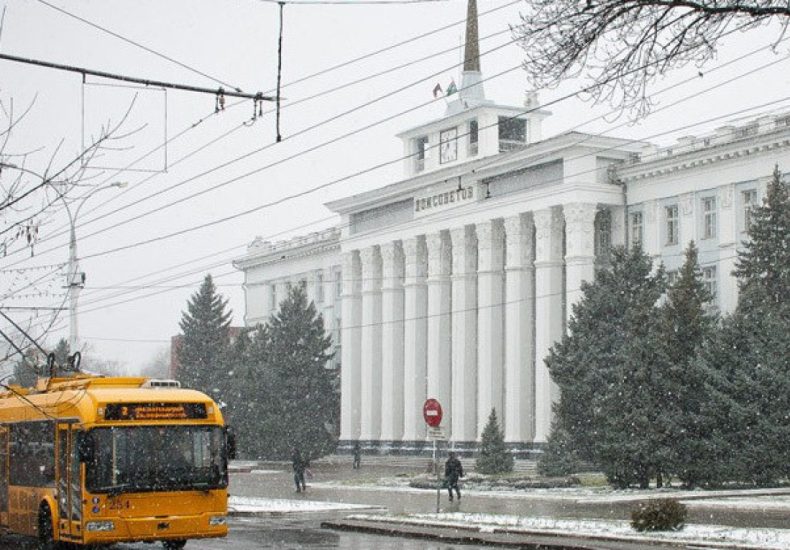
Transnistria Gas Crisis Leaves Thousands Freezing
Thousands in Transnistria Left Without Heating After Russian Gas Cut-Off
Thousands of residents in Moldova’s breakaway Transnistria region are enduring freezing temperatures after Russian gas supplies were suddenly halted. This unexpected energy crisis has plunged the region into a state of emergency, raising concerns about humanitarian conditions and political repercussions.
The Gas Supply Crisis
Transnistria, a self-declared breakaway region of Moldova heavily reliant on Russian energy supplies, now faces an unprecedented crisis. The abrupt suspension of gas deliveries from Russia has left homes, schools, and hospitals without heating amidst plummeting winter temperatures. Officials have described the situation as “critical,” with vulnerable populations, including children and the elderly, most at risk.
The Cause Behind the Cut-Off
While the exact reasons for the gas supply cut remain unclear, geopolitical tensions and disputes over energy payments are suspected to be key factors. Russia has previously used energy supplies as leverage in political conflicts, and the Transnistrian region’s disputed status adds another layer of complexity.
Impact on Daily Life
Residents in Transnistria are already experiencing severe hardships. Families are resorting to burning wood and using makeshift heating solutions to survive the harsh winter. Hospitals are struggling to maintain essential services, and schools have been forced to shut down due to freezing indoor temperatures.
Political and Humanitarian Reactions
The Moldovan government has called for immediate international assistance to address the crisis, while humanitarian organizations are mobilizing resources to provide emergency aid. Meanwhile, the political leadership in Transnistria is appealing to both Moscow and international actors to resolve the deadlock and restore gas supplies.
Long-Term Energy Vulnerabilities
This crisis has highlighted the region’s heavy dependence on a single energy supplier. Experts argue that diversifying energy sources and investing in sustainable alternatives are crucial to prevent such emergencies in the future. However, the political and economic realities of the breakaway region pose significant barriers to these solutions.
International Response
The European Union and other international bodies have expressed concern over the humanitarian impact of the gas cut-off. Talks are reportedly underway to negotiate a temporary solution, but progress remains slow amid ongoing geopolitical tensions.